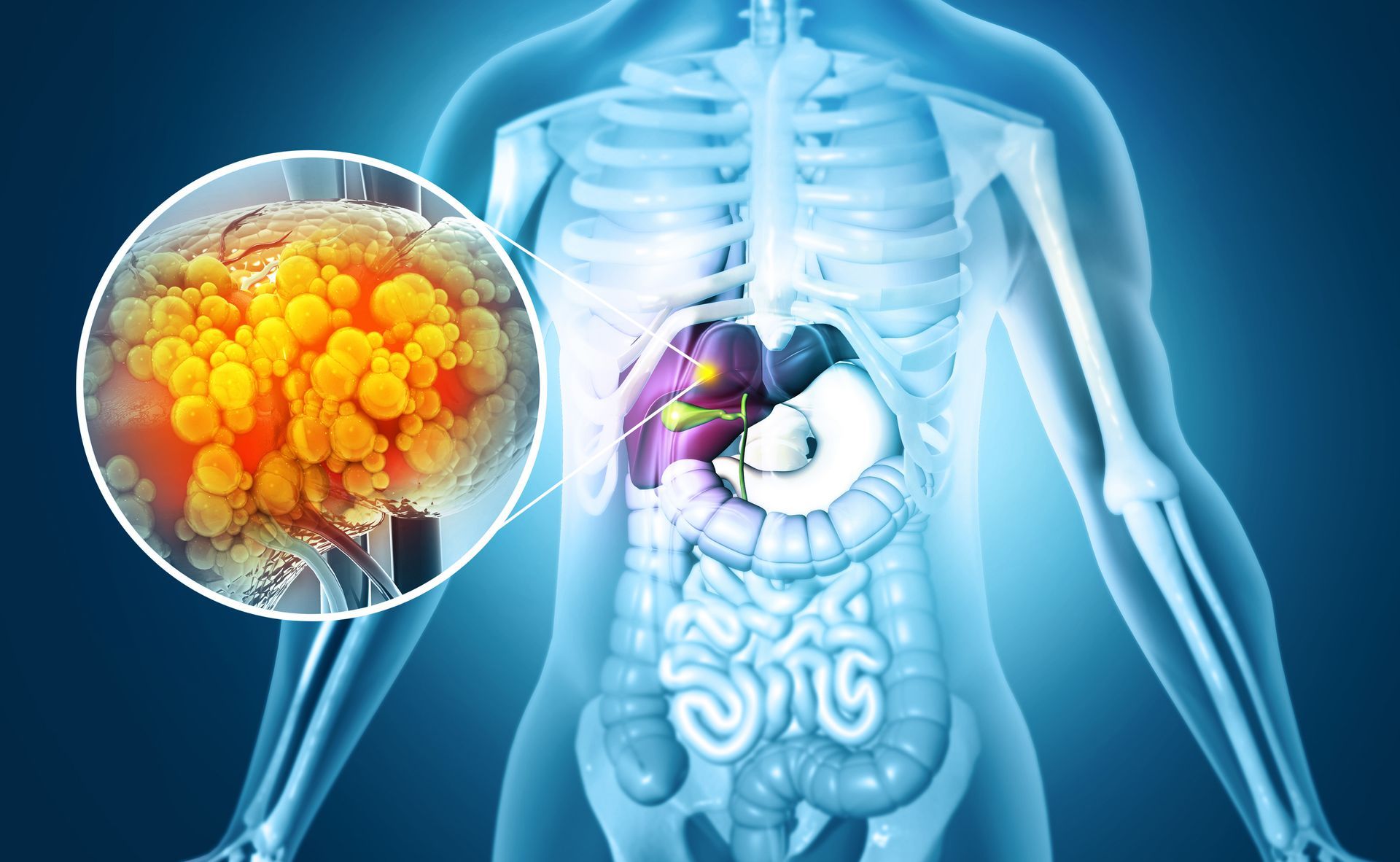Understanding Stomach Ulcers: Causes, Symptoms, and Treatments
Stomach ulcers, also known as gastric ulcers or peptic ulcers, can significantly impact one's quality of life if left untreated. These ulcers can cause severe abdominal pain, bloating, nausea, and other digestive problems. If left untreated, they can lead to complications such as internal bleeding, perforation, and even stomach cancer. Discover the most common causes, symptoms, diagnosis, treatments, and preventive measures for stomach ulcers.
What Are The Most Common Symptoms of Stomach Ulcers?
Stomach ulcers manifest with various symptoms, such as a burning sensation in the abdomen, bloating, nausea, vomiting, heartburn, and, in severe cases, unintended weight loss or black stools due to bleeding ulcers.
What Are Common Causes of Stomach Ulcers?
The primary cause of stomach ulcers is often the bacterium Helicobacter pylori (H. pylori). Other common causes include prolonged use of nonsteroidal anti-inflammatory drugs (NSAIDs) like aspirin or ibuprofen, excessive alcohol consumption, smoking, stress, and certain underlying conditions such as Zollinger-Ellison syndrome.
How Are Stomach Ulcers Diagnosed?
Gastroenterologists may use various diagnostic techniques to determine the presence of stomach ulcers. To confirm the possibility of an ulcer, your doctor may prescribe acid-blocking medication for a specific duration to observe if your symptoms improve. Diagnosis may also involve an upper endoscopy procedure to assess the stomach lining and tests like blood tests, stool tests, or breath tests to detect any H. pylori infection.
How Do You Treat Stomach Ulcers?
Treatment for stomach ulcers often involves a multi-faceted approach. If H. pylori is detected, antibiotics alongside acid-suppressing medications are prescribed to eradicate the infection and promote ulcer healing. For ulcers caused by NSAIDs, reducing or discontinuing their use might be recommended. Medications that reduce stomach acid production or coat the ulcer to protect it may also be prescribed.
How Can You Prevent Stomach Ulcers?
Preventing stomach ulcers involves adopting healthy lifestyle changes. This includes moderating NSAID use, quitting smoking, reducing alcohol intake, managing stress through relaxation techniques or therapy, and maintaining a balanced diet.
Stomach ulcers can significantly impact daily life, but with early detection and appropriate treatment, patients can experience relief and healing. At Digestive Diseases Center, we prioritize patient well-being, providing comprehensive care and guidance to manage and treat stomach ulcers effectively.
If you suspect you may have a stomach ulcer or are experiencing persistent gastrointestinal symptoms, we encourage you to schedule an appointment with one of our experienced gastroenterologists. Your digestive health is our priority.
CONTACT
850-763-5409
ADDRESSES
4 LOCATIONS
204 E 19th Street, B, Panama City
12216 Panama City Beach Pkwy, D, Panama City Beach
4295 3rd Ave, Marianna
101 Good Morning St., 109B, Port St. Joe
Subscribe to our newsletter:
subscribe to our newsletter
We will get back to you as soon as possible.
Please try again later.



